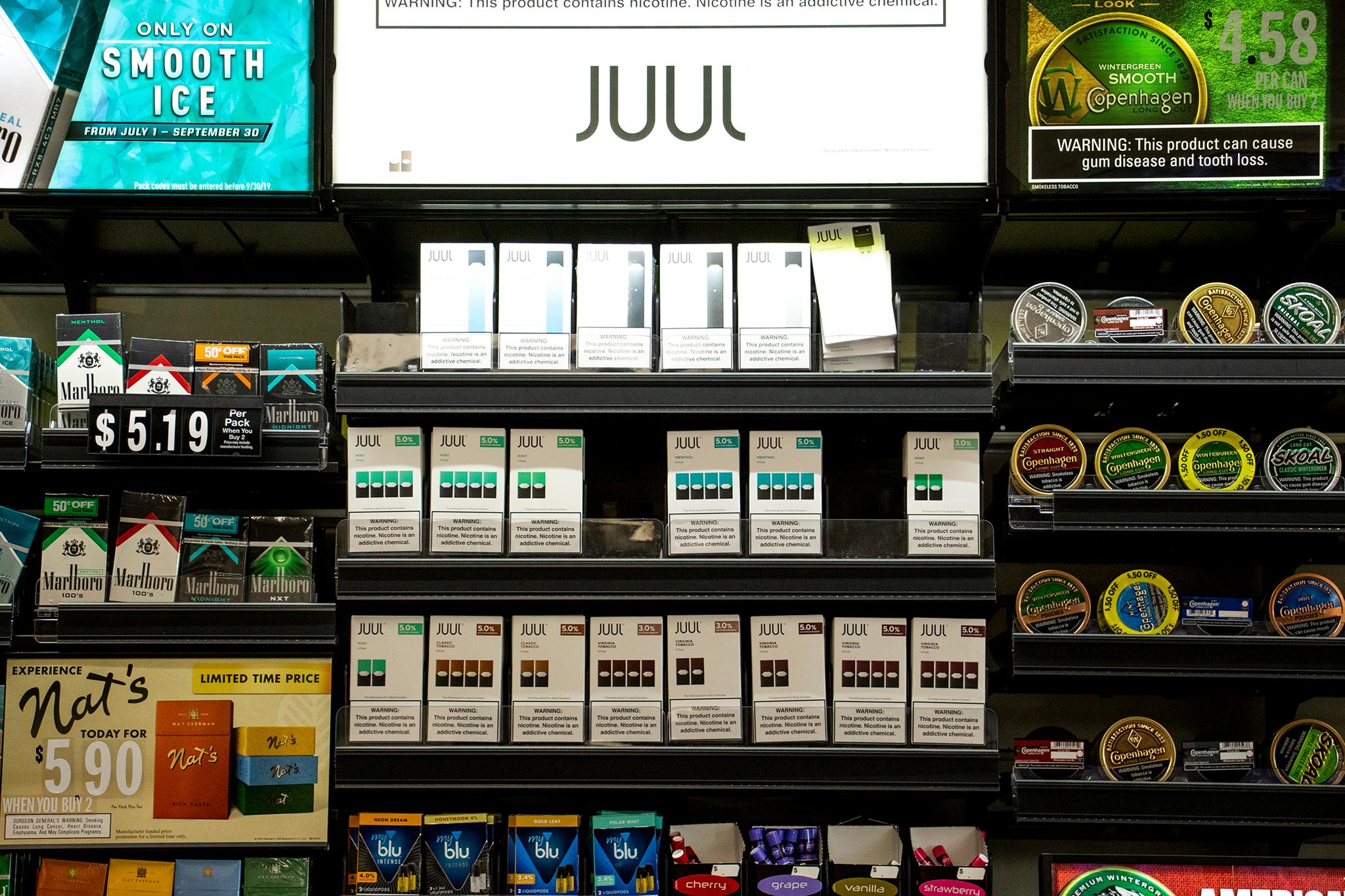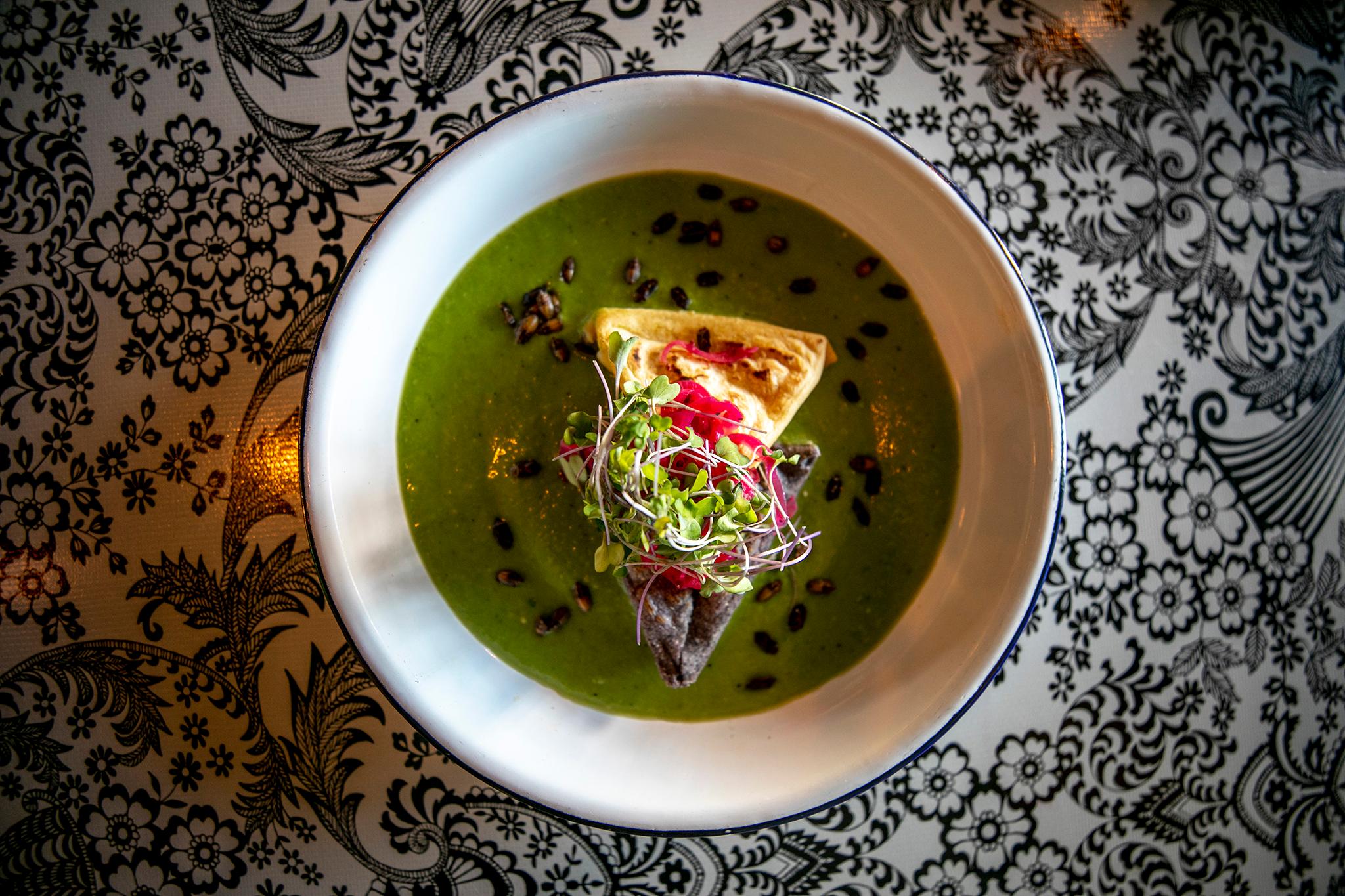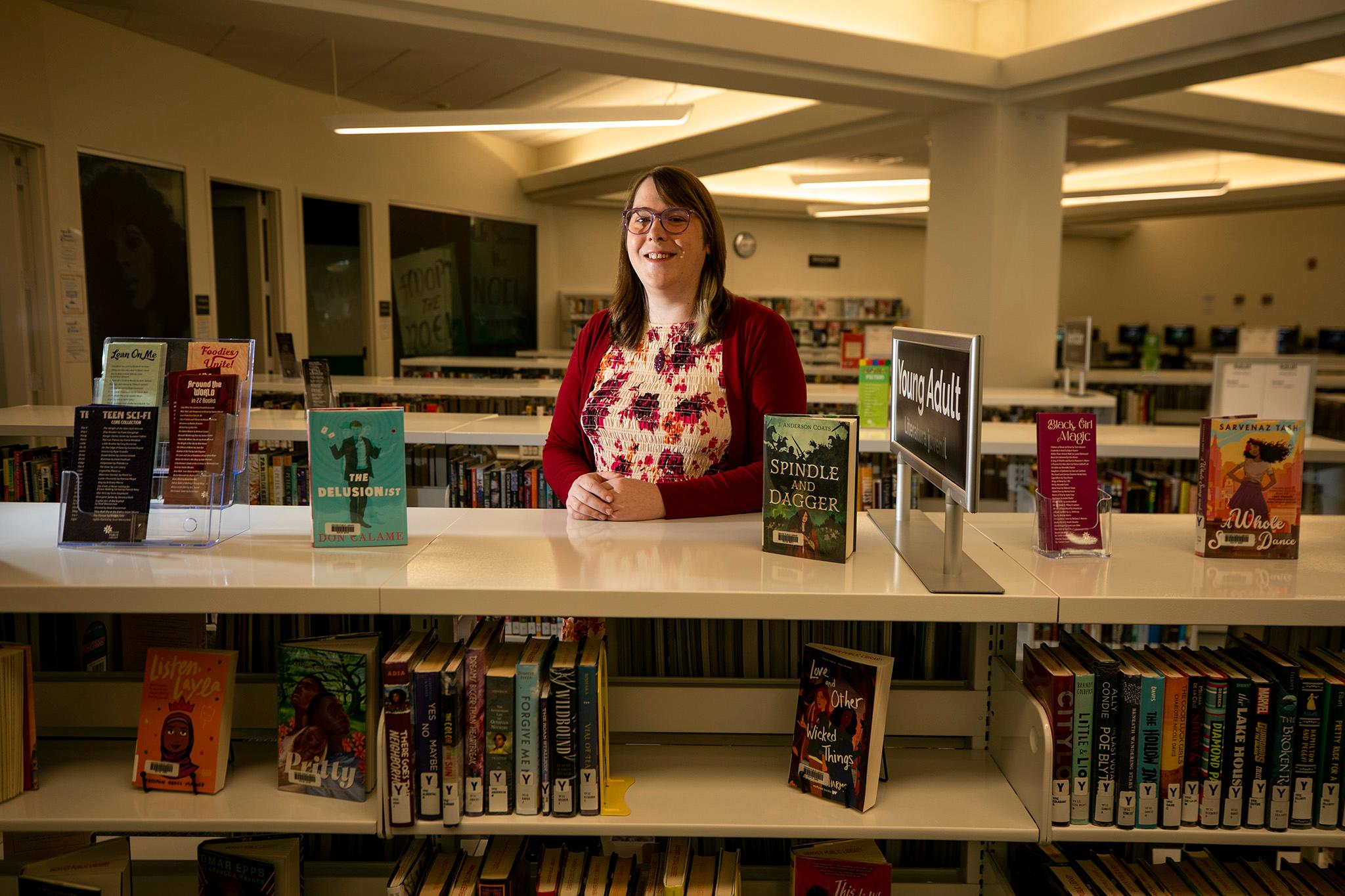Denver's city council voted Monday to ban many flavored tobacco products from store shelves, including menthol, over concerns about long-term health impacts.
In an 8 to 3 vote, the council decided to outlaw the sale of things like flavored cigarettes, chewing tobacco and vape liquids. People in the city would still be able to use these flavored tobacco products, just not purchase them.
The change goes into effect July 1, 2023.
It's a major milestone in two running fights -- one over keeping vaping products out of teens' hands, and the other over the use of the mint flavoring. Proponents of the ban argue tobacco companies have long used predatory marketing of menthol to lure people of color, those with low incomes and youth -- especially those who identify as LBGTQ+. Companies deny this.
"This proposal tonight, it really is about public health," said council member Jamie Torres, who represents District 3 and voted for the proposal. "Our kids aren't property owners. They're not business owners, but they are the ones who are also telling us we need to make this less accessible to them."
At large council member Robin Kniech also voted yes.
"This is not prohibition," she said. "If you take your tobacco through cigarettes, cigarettes will remain available. If you take your tobacco through a vape product, that product will still be available. This is about restricting a particular type of product."
"Allow adults to be adults"
City Council President Staci Gilmore argues that Denver already regulates alcohol and cannabis. "We want to keep kids safe, but we also want to allow adults to be adults," said Gilmore, who represents District 11, and voted against the measure.
Last month, councilmember Kevin Flynn called the bill an overreach affecting adults who want to use these products.
But Dr. Terri Richardson, a prominent former primary care physician in Denver, described the vote as momentous.
According to Richardson, she's seen her patients develop long-term health problems, like lung cancer, chronic obstructive pulmonary disease, or COPD, and heart disease after picking up smoking cigarettes at a young age. Many, she said, began with menthol.
"I started doing presentations about the focused marketing of menthol in the Black community back in the '90s," said Richardson, a founder of the nonprofit Colorado Black Health Collaborative. "I would poll my patients who were smokers. And the majority of them really did smoke menthol. And they talked about how hard it was to quit."
Young people who began vaping tell similar stories about tobacco flavors, said Dr. Robin Deterding, the medical director of the Breathing Institute and chief of Pediatric Pulmonary Medicine at Children's Hospital Colorado.
"We deal with children who have asthma and significant pulmonary problems. They come to us and they report smoking or vaping frequently," said Deterding. "These flavors attract children. We know that children who start smoking with cigarettes start when they're young and that leads them to a lifelong addiction."
Many teens think when they vape they're inhaling harmless water vapor, the doctors said. But it can actually contain high concentrations of nicotine as well as particles linked to lung disease and cancer. The doctors say vaping negatively impacts young people in at least three locations: the lungs, the heart and the brain.
Advocates say the ban doesn't go far enough
The new rules don't include hookah, premium cigars or pipe tobacco. That drew some criticism.
The American Cancer Society Cancer Action Network encouraged Mayor Michael Hancock to sign the Denver ban. But it's also pushing Colorado elected officials to end the sale of all flavored tobacco products including hookah, cigars and loose tobacco "to reduce the suffering and death caused by tobacco use and cancer in our communities," said the group's Colorado government relations director R.J. Ours.
The language in the ordinance gives a clue into the vast array of flavors companies have added to their products. Flavored tobacco products are defined as those that impart a taste or smell of "fruit, menthol, mint, wintergreen, chocolate, cocoa, vanilla, honey, or any candy, dessert, alcoholic beverage, herb, or spice."
Denver is the seventh and largest local government in Colorado to pass a flavor ban. It joins Aspen, Boulder, Carbondale, Edgewater, Glenwood Springs and Snowmass Village.
Denver is also one of at least 335 local governments in the country to approve a flavor ban, according to the Campaign for Tobacco-Free Kids, along with some other big cities like Chicago, Boston, Philadelphia and New York City. Of those, 145 cities also restrict the sale of menthol cigarettes, in addition to other flavored tobacco products.
Five states -- Massachusetts, New Jersey, New York, Rhode Island and California -- have also restricted the sale of flavored tobacco products, flavored e-cigarettes or menthol cigarettes, according to the group.
Denver District 5 councilmember Amanda Sawyer sponsored the bill. She argued it will limit smoking and vaping use among teenagers and the access kids have to these products. She said it would also incentivize adults to stop smoking.
"By ending the sale of flavored tobacco products in Denver, we will be making it more difficult for these products to get in the hands of children who are being lured by the tobacco industry," she said. "Denver citizens overwhelmingly support this policy."
Colorado ranked No. 1 in teen vaping
Before the pandemic, teen vaping was one of the nation's most vexing and high-profile public health problems.
A rash of vaping-linked lung illnesses hospitalized more than 2,700 people and led to 64 deaths. Health officials blamed vitamin E acetate, an additive in some THC-containing e-cigarettes, as the primary offender in many cases. Another study found a link between vaping and increased odds of asthma and chronic lung disease.
A 2018 study from the Centers for Disease Control found high schoolers in Colorado used electronic cigarettes more than teens in 37 other states, ranking No. 1 among states surveyed. A quarter of those students said they currently used an electronic vapor product -- double the national average. Almost 6 percent said they use them frequently.
In the 2020 results from the same biennial study, Colorado no longer topped the list. But the number of Colorado teens who perceived vaping as risky shot up to more than seven in 10. Among students who used electronic vape products in the past 30 days, more than 50 percent said they'd tried to quit in the past year.
The view from vape shops, convenience stores
Monica Vondruska who co-owns the Cignot vape shop on W. 38th Ave. spoke out against the flavor ban. She said the shop sells products that don't target kids but are intended for adults who want to quit smoking.
"I'm going to assume that I'm going to be out of business," she said. She thinks the ban could force about 20 shops that sell flavored products to close.
"I'll be trying to get out of my lease and try not to bankrupt myself after my business has to close down," Vondruska said, noting that marijuana dispensary two doors down sells blueberry lemonade THC and the liquor store on the block sells flavored alcoholic seltzer.
She argues minors consume those items and thinks the council created a double standard. "The picking of winners and losers really sticks in my craw here because the teen usage rates for alcohol are about the same as vapor, but they're not shutting them down," she said.
Young people in Denver will still be able to get flavored products, either outside city limits or online, said vape shop owners. And Altria, the maker of Marlboro cigarettes, has warned flavor bans could potentially cause an illegal market to open up.
"The only real winners from the prohibition style policy the majority of today's council approved are businesses surrounding the community of Denver," said Grier Bailey, the executive director of the Colorado Wyoming Petroleum Marketers Association, which represents convenience stores. "Instead of standing up for our essential workers and our business owners in Denver, the majority of the council stood up for businesses located elsewhere. Prohibition does not work, it didn't work in the 1930's, it didn't work relative to marajuna, and it doesn't work in this policy space either."
Will it work?
"These kids are extremely resourceful," said Philip Guerin, who owns Myxed Up Creations on Colfax Street. "There's something called the internet. And that's where these kids are getting these things."
He questions whether the move will have the desired effect, citing a study about a flavored tobacco ban in San Francisco. In 2018 voters there overwhelmingly passed a ballot measure to ban the sale of flavored tobacco products -- including menthol cigarettes and flavored vape liquids.
Research found the measure may have had the opposite effect. After the ban took effect, high school students' odds of smoking conventional cigarettes doubled in the city's school district compared to districts without it.
"Let's learn from California's mistakes. Let's learn from San Francisco's mistakes. Let's do our own thing here," said Guerin.
Those backing the change questioned that study.
"The majority of people that use these products use other products. So it's to be expected that if they weren't able to get one product, they'll do the other," said Dr. Phillip Gardiner, with the African American Tobacco Control Leadership Council. He asked if the change does lead to increased smoking, "why is the tobacco industry spending literally tens of millions of dollars across the United States to prevent these laws from going into effect."








